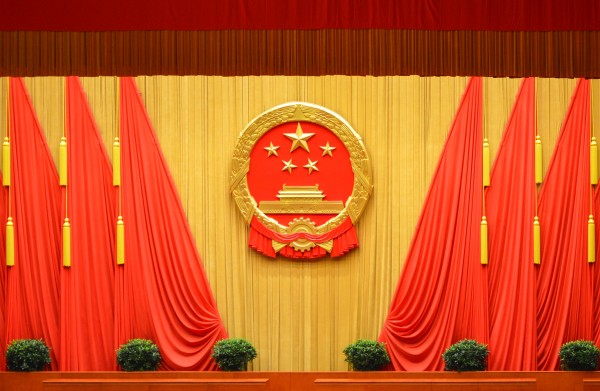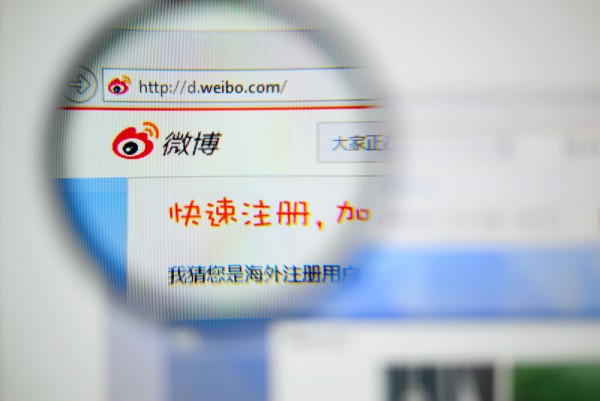The International Press Institute (IPI) today strongly condemned the recent detention of freelance photographer and filmmaker Du Bin by Chinese authorities and called for his immediate release.
Du Bin, 41, a past contributor to numerous Western media outlets, disappeared days before the 24th anniversary of the Tiananmen Square crackdown on June 4, and was later revealed to have been detained by security officials. He had recently released a documentary on Chinese labour camps as well as a book on the 1989 Tiananmen Square crackdown.
According to The New York Times, Bin’s friends recently discovered two copies of an arrest warrant in his apartment for allegedly “disturbing order at a public place,” a charge that falls under an administrative statute the police can use to hold people for up to 15 days for minor offences.
“The arrest and subsequent detention of Du Bin is a glaring violation of press freedom,” IPI Press Freedom Manager Barbara Trionfi said. “We urge that Chinese authorities make clear the reason for Mr. Bin’s detention, or else release him immediately,” she added.
Bin, who has worked as a freelance photographer for The New York Times, The International Herald Tribune, The Guardian, and Time, has reportedly not been seen since May 31. Bin’s sister, Du Jirong, told the BBC that police said he was being held in criminal detention in the Fengtai district of Beijing, adding that his case would be handled by Beijing’s state security officers. She also said that police did not reveal why he was being held.
Local and international human rights activists suspect that Bin’s recent work in exposing abuses in China’s Masanjia labour camp, as well as his book about the Tiananmen Square crackdown, made him a target for authorities.
“The timing of Du Bin’s detention leaves little doubt that he is being targeted by the Chinese authorities for his courageous work to expose human rights abuses in the country,” Amnesty International’s Asia Programme Director Catherine Baber said in a statement.
Eileen Murphy, Vice President for Corporate Communications at The New York Times, where Bin was a contributor, told IPI that the newspaper “continues to work with his Chinese lawyers and others in the international community to find out why he is being detained and ascertain whether it has anything to do with his work as a journalist.”
In an interview with the BBC, Hu Jia, a Beijing-based activist and friend of Du Bin, said that he believed Bin’s detention was also due to his recent work.
“We found out that all of Du Bin’s books – including those he wrote – had all been taken away. Materials he collected regarding the 1989 Tiananmen Square crackdown and, as well as those of the Masanjia Labour Camp… have all gone missing,” Jia said.
Bin’s most recent book, “Tiananmen Square Massacre,” covers accounts of the military crackdown that ended pro-democracy protests in Beijing. He also released a documentary on the Masanjia labour camp in China’s Liaoning province, which featured interviews with former female inmates. In April, an article in Chinese monthly magazine Lens alleged torture and abuse at the Masanjia labour camp in Liaoning, including electrocution and manacles.
In recent years, it has been common for the Chinese authorities to arrest “dissidents” and human rights activists ahead of the anniversary of the Tiananmen Square crackdown.
In a separate incident, the publisher of a political news magazine that is banned in mainland China was recently assaulted near his office in Hong Kong. Chen Ping, publisher of the magazine, iSun Affairs, who was also a researcher in a government policy think tank until the Tiananmen crackdown in 1989, was reportedly assaulted by unknown assailants on Monday, June 3.
According to the Taipei Times, Chen was reportedly ambushed by two men carrying batons as he got into his car near the Sino Favour Centre in On Yip Street. The two attackers struck Ping repeatedly and he sustained injuries to his head, arms and chest.
Police say the case is under investigation and no one has been arrested. On receiving a call from the South China Morning Post, a colleague told reporters that the incident was likely related to the sensitive political issues covered by the magazine.


